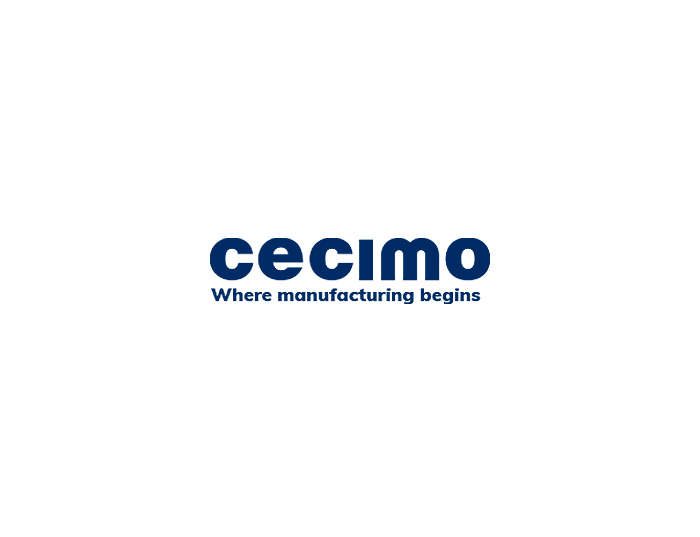Innovation through targeted support is the key to a competitive advanced manufacturing industry, said the participants at a CECIMO roundtable at the European Parliament

On 12 October 2016 CECIMO, the European association of the machine tool industries, co-organized a roundtable event at the European Parliament with the European Forum for Manufacturing to explore the current challenges of advanced manufacturers of the continent. 
Strengthening innovative value chains requires pooling of expertise and resources
Regional, national and European policy-makers need to bring coherence in their policies relating to advanced manufacturing. The rise of new production technologies like additive manufacturing is bringing to the front emerging industries that can breathe new life into Europe’s industrial base. If Key Enabling Technologies (KETs) are to drive industrial modernization in the continent, policy-makers at all levels must share a common vision that prioritizes innovation-based sectors. Additive manufacturing was widely recognised as one of these. Specific missing links in the market can be swiftly identified only by bringing all relevant actors together. Regional authorities, on one side, are well-placed to contribute from the bottom up to deepen and multiply the application markets of KETs like additive manufacturing. They can get the pulse of industrial clusters’ rapidly. EU institutions, on the other side, possess the capabilities to push the development of the value chain top-down. As CECIMO’s President Luigi Galdabini stated, they can provide funding and channel investments into new production systems, whose adoption would be beneficial for the whole industrial base, especially in the aftermath of the financial crisis.
Businesses must better recognize the benefits of advanced manufacturing technologies
Beyond setting up the right regulatory framework and providing public funding for innovation, the uptake of KETs like additive manufacturing will also be enabled by a shift in people’s attitude towards them. Authorities will need to better emphasize the advantages of these technologies to deal with market, societal and environmental challenges. For this to happen, industrial actors must be educated on the benefits it brings to their business. An example of useful initiatives of this sort was offered by Phil Reeves, Vice President of Strategic Consulting at Stratasys, the top-selling manufacturer of 3D printers worldwide. Speaking at the CECIMO’s event, Mr. Reeves emphasized that government funding should be given to initiatives that present “use” cases on the application of additive manufacturing to companies. Similarly, several participants at the event highlighted, among other things, how services and labs to test technology are particularly useful for SMEs, since they lack the sufficient resources to test technology on their own.
KETs technologies such as additive manufacturing demand rethinking education and training in Europe
While the excellence of European know-how in traditional manufacturing remains unchallenged, accelerating innovation in the sector will help the demand for new competences in handling technology-based processes grow over time. Mr. Stefan Ritt, Vice President of Global Marketing and Communication at SLM Solutions, one of the leaders in the metal segment of the additive manufacturing market, captured the essential developments of this trend in his sector. Capabilities to interact with additive manufacturing machines are essential to encourage the application of this technology across a larger group of industries, he said. Forward-looking education and training programmes need to be regarded as a top priority in the policy mix to boost this technology, he later continued. European policy-makers can contribute meaningfully by communicating to different education and training providers the importance of shaping curricula aligned with the evolving reality of manufacturing.
